what we offer
Our courses
Found a course you like? Click on the course for more information and to register.
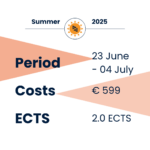
In this course, you will learn the basic framework of how climate change has impacted the water cycle, and the legal policy issues that arise as a result. Dive into water governance frameworks, policy design, and sustainable water resource management in order to gain skills in building your own environmental policy strategies.
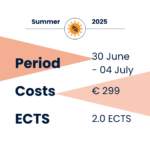
The focus of this course lies on understanding Sustainable Development Goal (SDG) 16, and the role of access to justice to enhance SDGs. It explains the concept, the connection to other SDGs, and the advances made in the national agendas.

This course aims to provide a thorough analysis of the important issues and processes related to China’s politics and international relations. It focuses on developments that have taken place since the end of the Cold War, with a particular emphasis on China’s economic, political, military, and cultural growth and their implications for international politics up to the present day.
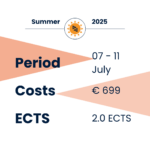
You will look at human trafficking and sexual violence in conflict, both in their own right and together. This will contribute to a better understanding of the opportunities and challenges involved and to finding ways forward in addressing these timely crimes.
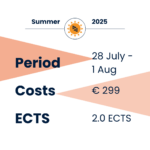
The world of policy and politics, governance and government can be murky with seemingly transparent and tangled connections. This course allows you to understand how a critical analytic and descriptive framework can help understand who is involved in the policy process, how it operates, and ultimately leads to a discussion about who is accountable.
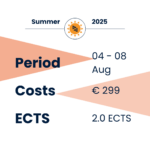
Relevant, evidence-based policymaking is key to achieving significant and sustainable change and fulfilment of the Sustainable Development Goals. In this course, you will be introduced to the fundamentals of public policy analysis tools that are commonly used throughout the world.
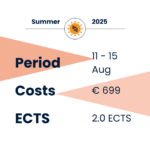
The challenge of measuring market power and competition in digital markets has key policy implications. This course offers a comparative and inter-disciplinary perspective on regulating the platform economy. You will, among others, discuss the most recent legislative solutions in the European Union (the Digital Markets Act (DMA)), and its interplay with the Digital Services Act and the Data Act.
